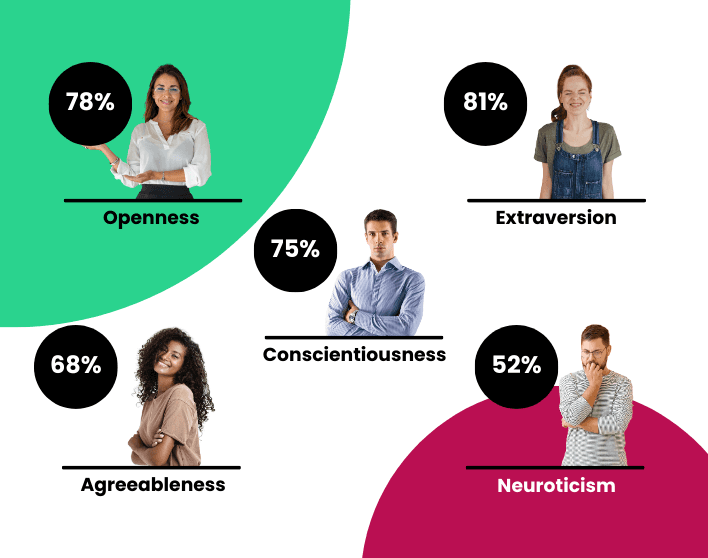Every day, hundreds of candidates from different industries and career stages take the Bryq assessment, in their efforts to join a company that uses Bryq’s talent tools.
At Bryq, our main goal isn’t just empowering talent acquisition and management; it’s understanding people deeply. We know that the talent landscape and candidate expectations keep evolving, so we stay updated with global labor market trends.
To do this, we put candidates themselves on the spotlight, by regularly running online surveys. These surveys not only help us improve our methods but also offer valuable insights for our clients to enhance their hiring and workforce strategies.
How much does a lengthy recruitment process influence your decision to accept a job offer?
Have you ever felt you didn't belong in your workplace, due to lack of diversity?
How would you rate your current employer's efforts in promoting Diversity, Equity and Inclusion in the workplace?






